Trends 2020: AdEx to grow triple-fold in the next three years
2019 was all about the three Vs – Video, Vernacular, Voice, writes Karan Gupta, CEO, Alchemy Group, as he explains how these descriptors will shape the future of the digital economy.
What were the few big changes that you think were of importance in 2019 for our industry?
2019 was all about the three Vs – Video, Vernacular, Voice. These descriptors will shape the future of the digital economy. The booming Internet consumers expanded their consumption of online content through mediums that were a big draw for them. The growth of video content consumption, the need for localised solutions across digital assets, and the materialisation of audio content helped marketers build for the next wave of consumers. Community-driven marketing strategies through influencer marketing also paved the way for newer forms of brand-influencer collaborations. What was initially a buzzword in the digital marketing space soon became a hyper-populated marketing strategy that made a huge difference.
What are the big changes that you are expecting in 2020?
Solving for Next-Gen audiences through tech-driven solutions will be key in 2020. Today’s consumers expect more from brands, especially in terms of understanding what they need more than what they want. Focusing on influencer marketing, content localisation, monetisation of audio content, and customising video experiences to make it snackable will generate more value for many businesses in the tech industry. Traditional marketing is now being reshaped, thanks to the change in consumer behaviour and the entry of new technologies.
How has consumer behaviour changed with the introduction of tech-based marketing?
Consumers are definitely now connected more than ever. Access to diverse content across all social channels has, in a way, satisfied their hunger for entertainment online. We’ve already seen the dramatic shift from the consumption of ad content to online content in the past few years. Consumers’ online behaviour is now aligned to more meaningful interactions. The introduction of tech-based marketing has modernised the way brands approach their audience, and this is seen in the change in their consumption patterns and behaviour.
Are we expected to see some big shifts around data regulation in India?
Honestly, not at the moment. We’re in the phase of creating new data rather than regulating data. In India, since data is highly fragmented, the pressure of regulation doesn’t exist. It creates new opportunities for entrants to test out new forms of data formulation that help improve the digital market. However, due to its fragmented nature, it will be more expensive for companies in India to run businesses. Data being a national resource, it will definitely help tech-driven businesses to grow tremendously. However, in terms of collective data regulation, it will take a few years to build a consensus around data procurement practices. It’s too early to predict its impact.
How do you anticipate the AdEx growth across platforms in 2020?
AdEx is absolutely going to grow triple-fold in the next three years. People are constantly consuming content online, which goes to show that digital will continue to lead the growth in the ad market. In fact, India is one of the world leaders in advertising across various mediums, which is only set to grow. Most of the organic growth in recent years has come from content consumption across social platforms, OTT platforms, and ad platforms. But we should also note that whilst digital has substantially played a huge role in India’s AdEx growth, traditional media also aided in its rise.
Also Read:
Trends 2020: Another year of disruption for the communications industry
Trends 2020: Data costs & access to be key drivers of video consumption



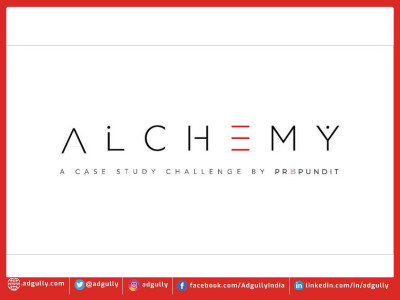

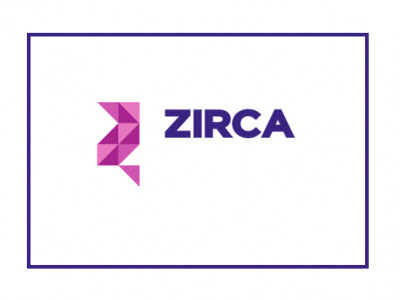

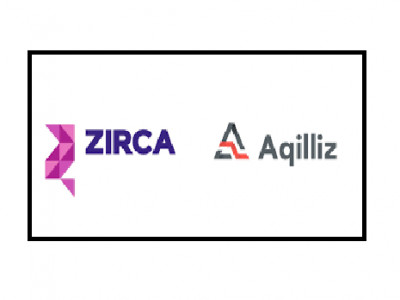

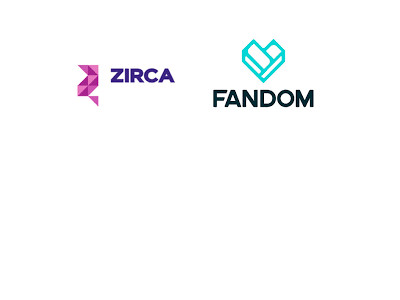
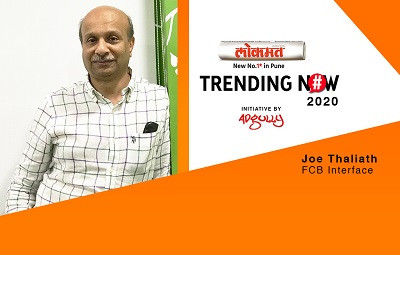
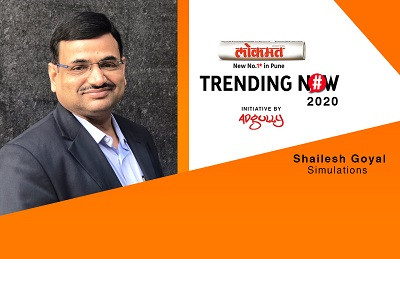

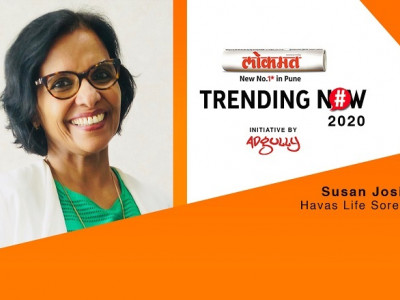


Share
Facebook
YouTube
Tweet
Twitter
LinkedIn